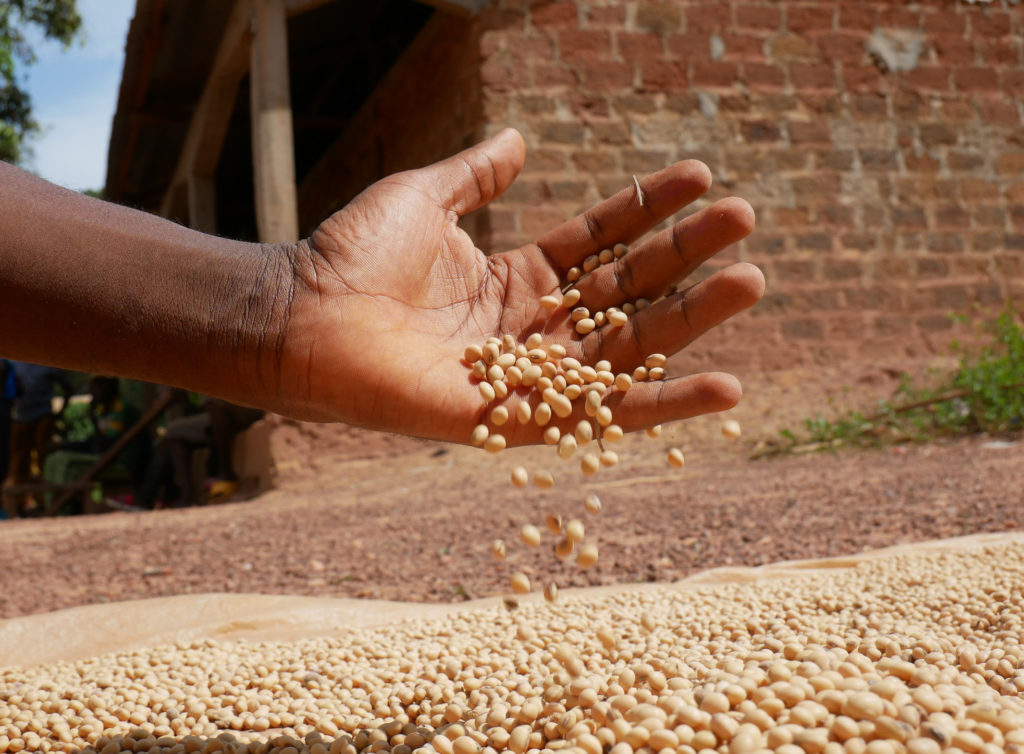Food is declared a human right and states are obliged to take the necessary action to mitigate and alleviate hunger even in times of natural or other disasters. But what does the right to food imply and how can it be upheld in our current turbulent and hungry world?
As many as 828 million people go to bed hungry every night, the number of those facing acute food insecurity has soared – from 135 million to 345 million – since 2019. A total of 50 million people in 45 countries are on in the risk of famine. How has this global food crisis built up, what are the underlying challenges and how has the pandemic and conflict exacerbated the situation? What can be done to tackle the crisis to avoid further escalation, risk of unrest and food in-availability 2023, further deteriorating people’s food and nutrition security?
To address underlying challenges in the global food systems, we need to build more inclusive and sustainable food systems with greater resilience for future shocks and climate change. In the search for solutions how can different disciplines, sectors and actors collaborate better?
Register for the event HERE.
Agenda
Welcome and outline of the session by moderator Alice Tunfjord, Associate Stockholm Environment Institute, SEI, and Swedish International Agricultural Network Initiative, SIANI.
Part 1: Background and risks
- The current global food crisis and implications for food security and nutrition Marie Durling, Nutrition Advocacy Advisor, Nutrition Division, World Food Programme
- Food systems in the face of exogenous shocks: 5 Lessons for resilience from the Russia-Ukraine crisis Assem Abu Hatab, Associate Professor in Food and Development Economics, SLU and NAI
Part 2: Discussions on solutions and importance on broad collaboration
- Hunger and human rights Catarina Antikainen, chair, FIAN Sweden
- Hunger, rights and participation – examples from Ethiopia Teshome Shibru, Country manager, The Hunger Project
- Sida perspectives on collaboration and research for more sustainable and resilient food systems, Madeleine Jönsson, Research advisor, Sida’s Unit for Research Cooperation
- Q&A and panel discussion
This event is part of the official program of Act Sustainable 2022 – the sustainability week at Chalmers University of Technology and the University of Gothenburg. For more information about Act Sustainable 2022 visit www.actsustainable.se
Share your photos and thoughts under #ActSustainable2022.
